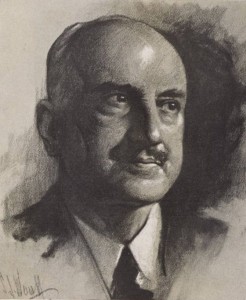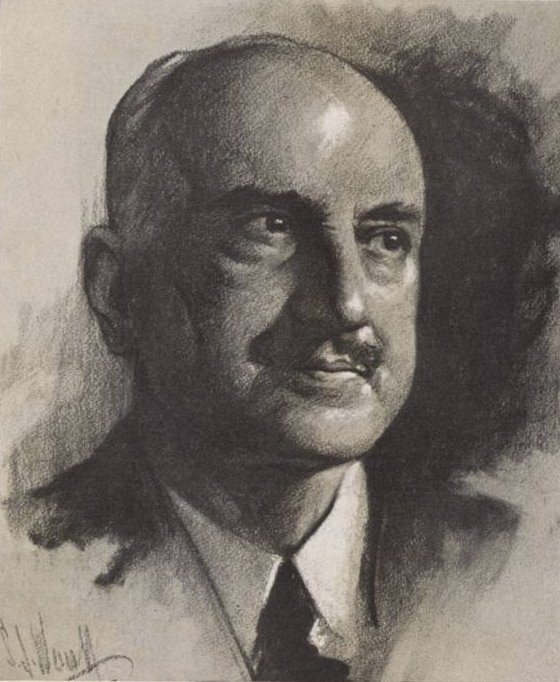T o Henry Ward Abbot
o Henry Ward Abbot
Oxford, England. April 30, 1887
Dear Harry,
I have read Royce’s book, which I received a few days ago. I am glad to have it, and read it with interest if hardly with pleasure. It is indeed linked dulness long drawn out. It is intolerably diffuse. When a man has something to say he begins by telling you what the situation is, what objects he has in view in speaking to you, and what he proposes to say. He then says it. When he is through he informs you of what he has said, and of his reasons for saying it, and concludes with a hopeful review of the whole matter.
Apart from this and from the vileness of some of the words and phrases (e.g. “lonesome”, “I don’t just perceive why”) I like the style. The absence of cleverness is a praiseworthy self abnegation on the part of a clever man. I honor his desire to see books solidly and honestly written, although I must deplore his attempt at writing one himself.
As you will doubtless have anticipated, I disapprove of the moral, at least of the doctrines involved in it. What business has anyone to call the rather weak affection a wife retains for her husband unworthy? Aren’t husbands & wives to love each other after they cease to think each other perfect? There is, too, a ludicrous inadequacy in the “crime” the unfortunate little fool committed, to bring about such dreadful tragedies.
Royce shows his inexperience. One must laugh at the notion of what’s her name’s chastity on the ground that her husband had once got entangled with a girl foolish enough to go mad of disappointment. If at least he had seduced the creature, or made love to her after he was married, or been engaged to both at once—but as it was the hullabaloo is absurd. Nothing is really so immoral as an extravagant morality. Royce’s theories of love and marriage disgust me. They show what nonsense we talk when we lose respect for experience, tradition, and authority.
. . . I am being entertained with breakfasts and lunches here, thanks to my introductions from his lordship. I find it up hill work to talk to the English fellows, although they are remarkably at home in all sorts of things. They won’t say what they are thinking about, but keep always thinking about what they shall say. The result is that with my love of laying down the law, I do most of the talking and doubtless appear an intolerable damned fool. By the way, Catholicism is in high favor in these parts, and conversions are continual. All this, according to you, would be impossible if they had only taken N.H.4.
From The Letters of George Santayana: Book One, [1868]–1909. Cambridge, MA: The MIT Press, 2001.
Location of manuscript: Butler Library, Columbia University, New York NY.
